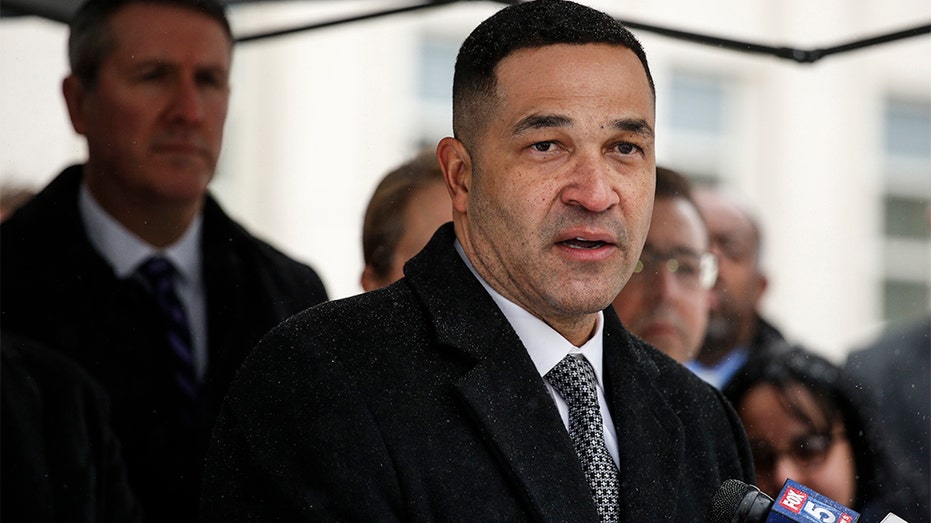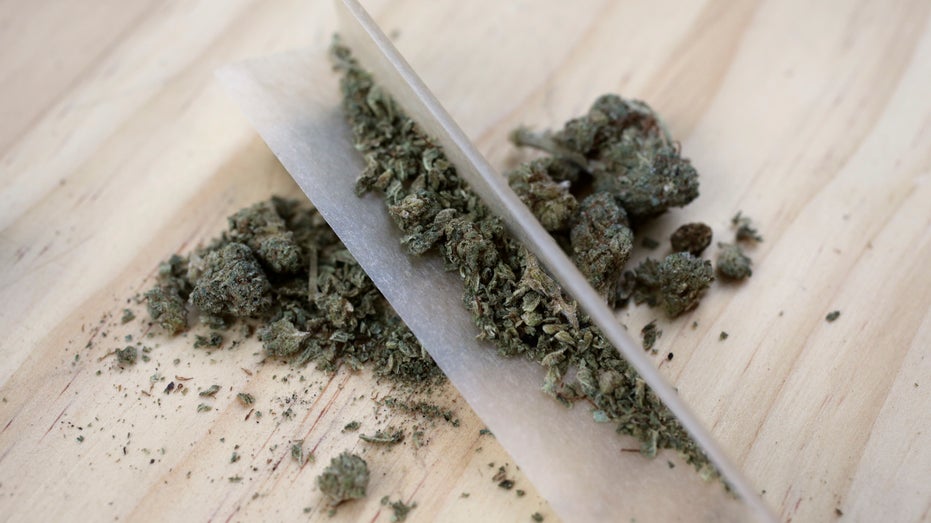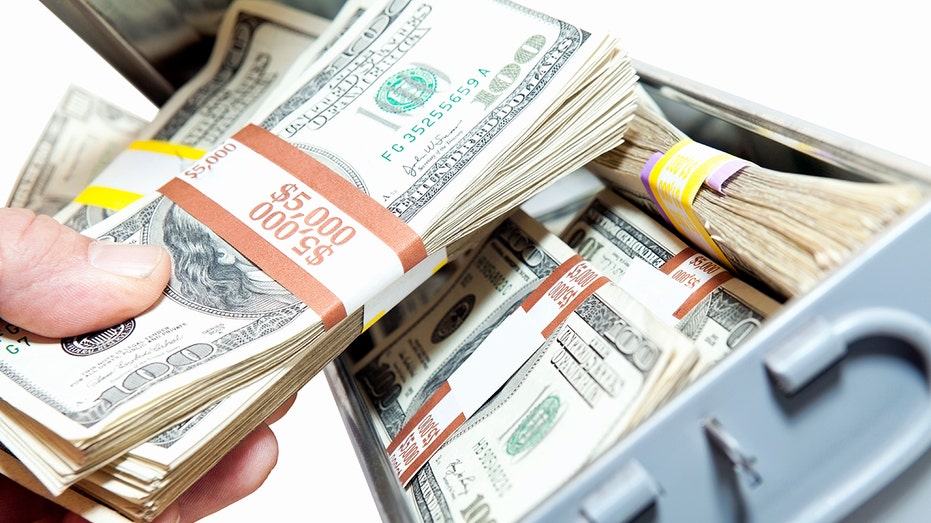Drug trafficking 'completely disrupted' by coronavirus pandemic: DEA
Prices for marijuana spiked by 55% since March
Get all the latest news on coronavirus and more delivered daily to your inbox. Sign up here.
The drug trafficking industry has been “completely disrupted” by the coronavirus pandemic, which has spiked prices, in some cases, by more than 50 percent and stymied nearly all aspects of the drug trade and money laundering processes, a New York-based Drug Enforcement Administration head told FOX Business on Tuesday.
“The illicit drug trafficking business is being directly impacted by the pandemic, just like any other legitimate commerce would,” said Ray Donovan, Special Agent-in-Charge of the DEA’s New York Office. “It’s not only in the manufacturing, it's literally in the manufacturing production, the smuggling, the transportation and distribution. So all the facets of drug trafficking are being hit. And we see it here in our communities in New York City, but we also see it across the nation.”

Drug Enforcement Administration (DEA), New York Division Special Agent in Charge, Ray Donovan on February 12, 2019 in Brooklyn, New York. (KENA BETANCUR/AFP via Getty Images)
CORONAVIRUS SCAMS: A LOOK AT SCHEMES BUSTED BY THE FBI
On Tuesday, the agency provided new data that showed marijuana prices in New York skyrocketed by 55 percent since March, while prices for cocaine and heroin rose by 12 percent and 7 percent, respectively, in the state during the same time frame.
“We're able to basically make that assessment that the prices are going up, which is indicative of the fact that the supply is not quite there like it once was,” Donovan said. “But the demand is still there.”

Marijuana and rolling paper used to smoke it (AP Photo/Peter Morgan)
CLICK HERE FOR THE LATEST COROANVIRUS COVERAGE
Groups “are stockpiling” certain drugs, such as methamphetamine, as a way of increasing the price, Donovan said.
If not stockpiled, the production of drugs, such as heroin and cocaine will be hit hardest by the pandemic, he added.
COVID-19 has caused more stringent border security, a decreased in production of chemicals and production of the drugs in “source countries,” less air travel and vehicular traffic and even difficulty entering New York City, which he called “the financial capital of the world and a crucial economic base for drug trafficking organizations.”
“You have the illicit drug trafficking industry and everything from heroin, fentanyl, to cocaine, methamphetamine, to marijuana – they're going to be amongst the first early groups that are going to get hit by the lack of the necessary chemicals coming in from China,” he explained. “And so as China slowed down their exports, some of these major cartels are going to feel the impact early on because they can't produce their narcotics in Mexico or in Central America for trafficking in the United States.”
FBI WARNS OF SCAMMERS TARGETING CORONAVIRUS FEARS
Drug cartels’ money laundering networks have also been devastated by the effect of COVID-19, which, in addition to the tougher border security, has caused non-essential businesses to temporarily shutter and banks to change their hours.

(iStock)
Money laundering is the widespread practice used by drug traffickers of funneling their illegally-obtained money into goods and services and then recouping the money as a way to “wash” it, Donovan said.
GET FOX BUSINESS ON THE GO BY CLICKING HERE
“Oftentimes, those money laundering groups will buy American goods throughout the city, throughout the tri-state, and they'll ship those goods to places like China. And they do that because it's an easy way to wash the money,” Donovan explained. “They'll buy the goods here, ship it to China, they'll recoup the money, and make profits on that money because [they're] American goods, and then they'll wire the money from China to Mexico pay the cartel off.”
But with most stores not open for business, the laundering process is, to an extent, stopped in its tracks.
“With the stores not open to buy these goods,” Donovan said, ”the money is not moving.”
CLICK HERE TO READ MORE ON FOX BUSINESS




















